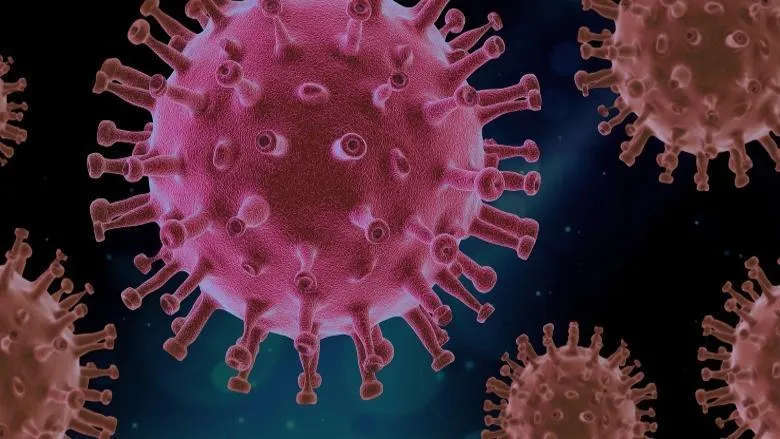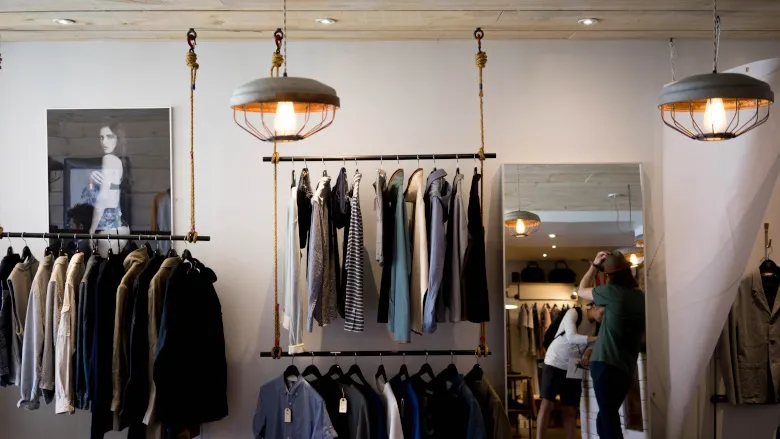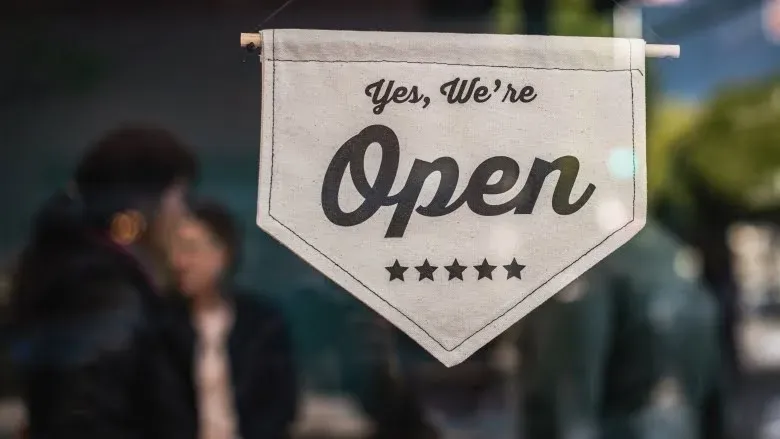With over 800,000 new cases of Omicron reported on January 5, 2022, U.S. hospitals are seeing the effects of the Omicron surge with filling emergency rooms and a shortage of healthcare workers. The CDC recently released new quarantine parameters for healthcare workers in an effort to resolve the shortage — and security professionals are stepping in as well.
National Guard members in Wisconsin, Massachusetts, New York, Oregon, and other states have assisted healthcare workers in hospitals during the Omicron surge. According to Major Joe Travato, Wisconsin National Guard citizen-soldiers and citizen-airmen have helped manage vaccine supply and COVID-19 testing efforts.
A number of those 500 troops have recently begun working as nursing assistants in Wisconsin mental health facilities as well. These National Guard members have completed Pandemic training in how to best assist healthcare professionals and are currently working on a supervised nursing assistant training program with nurses at each location.
Prior to Covid 19 and the surge of Omicron, Security guards walked the units of hospitals but didn’t proactively communicate with staff or patients. Guards typically only intervened when they were called by staff in already violent or disruptive incidents.
Ensure all security officers have Pandemic and crisis prevention training.
Building a schedule for security officers to round frequently on patient units. Encouraging guards to build a rapport with clinical staff in order to help spot Pandemic crises and potential violence. Security managers at the hospitals communicated the initiative to the guards and clinical staff. The security guards already have crisis prevention training, but they were encouraged to better use some of the training principles like building rapport with clinicians, patients, and families and spotting potentially aggressive behavior before it escalates.
Under the new program, the guards round each unit of the hospital at least once a day, speaking to nurses and other clinical staff about any Covid concerns they may have about patients or their families. If a nurse brings up anything, the guards then speak one-on-one with the patient and family to find out what may be wrong and how it can be addressed. To break the ice, guards are encouraged to ask if they need anything, even if it’s just a cup of coffee.
The benefits of the approach can be felt across the clinical units, the initiative allows healthcare workers to do their jobs better. The nurses are usually dealing with emotionally distressed parents and families on top of their intense clinical duties. The extra support from the security guards to handle stressed families “helps the nurse focus on (patient monitoring) and the other things she is responsible for being an expert at. That’s a good indicator to healthcare workers that what they are doing has value and is working.





